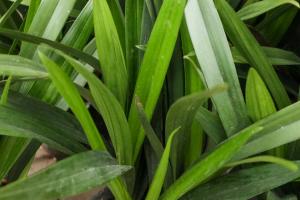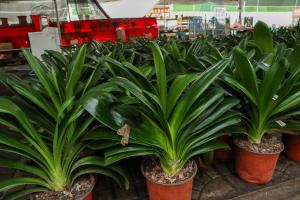How to Start Eating Plant-Based
If you have been considering a plant-based diet, but don't know where to start - this article is for you.
Plant-based diets are growing in popularity for their numerous health benefits, including lower risk of heart disease, cancer, and diabetes. Additionally, plant-based diets have a lower impact on the environment and are often more affordable than a diet that includes meat.
But how do you make the transition from a traditional diet to a plant-based one? Here's a step-by-step guide to get you started.
Step One: Educate Yourself
Before you start a plant-based diet, it's important to educate yourself on the nutrients you will need to maintain a healthy diet. You should also familiarize yourself with plant-based sources of protein, iron, calcium, and other vitamins and minerals.
There are many resources available to help you with this step. You can read books, listen to podcasts, or watch documentaries to learn more about plant-based nutrition.
Step Two: Make Small Changes
Making a drastic change in your diet all at once can be overwhelming. Instead, make small changes over time. For example, start by eliminating meat from one meal per day, and gradually increase the number of meals that are plant-based.
You could also try replacing dairy products with plant-based alternatives like almond milk or vegan cheese. Making small changes over time will make the transition much easier.
Step Three: Find Plant-Based Recipes You Enjoy
One of the keys to success in a plant-based diet is finding recipes that you enjoy. There are many resources available for plant-based recipes, including cookbooks, websites, and social media.
Start by finding recipes for your favorite meals that don't include meat, and try them out. Once you find some recipes that you love, incorporate them into your regular meal rotation.
Step Four: Experiment with New Foods
As you transition to a plant-based diet, you'll discover new foods that you may have never tried before. Don't be afraid to experiment with new fruits, vegetables, grains, and legumes.
Trying new foods can be a fun and exciting part of the transition to a plant-based diet. You may even discover new favorite foods that you never would have tried otherwise.
Step Five: Stay Consistent
The key to success in any diet change is consistency. It's important to stay committed to your plant-based diet, even when it's challenging.
Try meal planning and meal prepping to make it easier to stick to your diet. Surround yourself with supportive friends and family who will help you stay on track.
In conclusion, transitioning to a plant-based diet can seem overwhelming at first, but it doesn't have to be. By educating yourself, making small changes, finding recipes you enjoy, experimenting with new foods, and staying consistent - you can successfully make the transition. Good luck!

 how many times do yo...
how many times do yo... how many planted tre...
how many planted tre... how many pine trees ...
how many pine trees ... how many pecan trees...
how many pecan trees... how many plants comp...
how many plants comp... how many plants can ...
how many plants can ... how many plants and ...
how many plants and ... how many pepper plan...
how many pepper plan...































